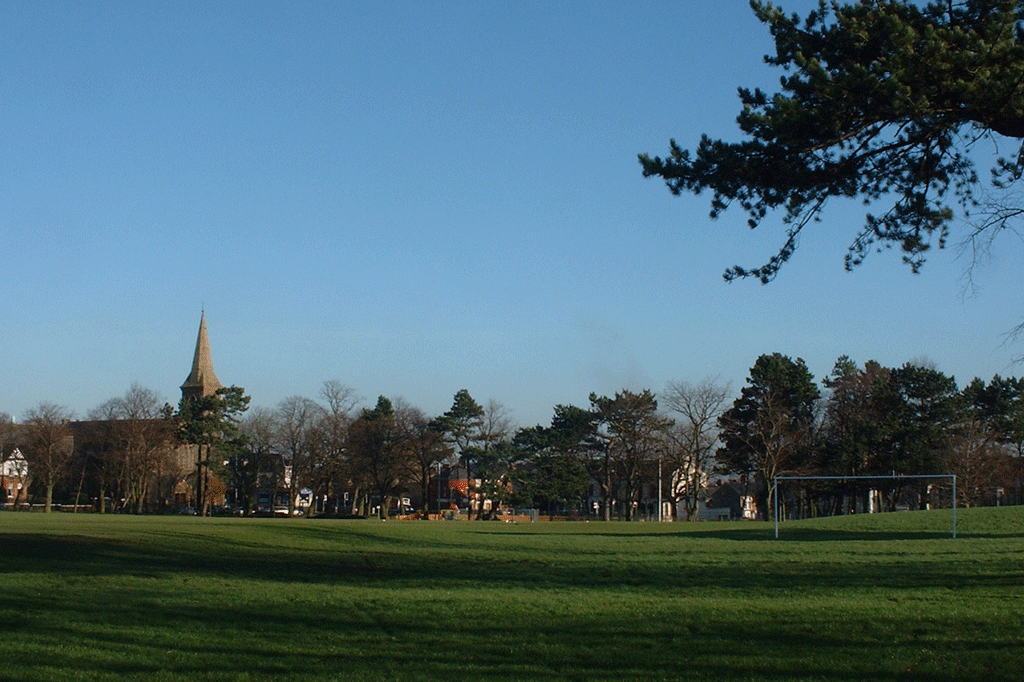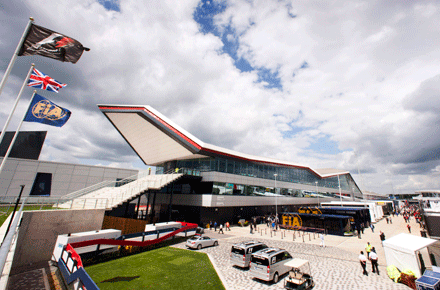Sir Ian Botham appoints consultant to oversee the development of new urban sport
Capita Symonds will advise on the development and roll out of Cage Cricket, a new sport aimed at towns and cities across the UK. The consultant’s sport and leisure consulting team was appointed by a consortium led by cricket legend and ICC Hall of Fame member Sir Ian Botham.
The brainchild of former Hampshire cricket star Lawrence Prittipaul and Trevor McArdle, Cage Cricket is a new fast-paced urban form of cricket that aims to help break down traditional barriers to sports participation for young people. It will also become a key tool for outreach and development organisations working across education, health and social inclusion.
It is a fresh new approach to the game and something that is fun, exciting and competitive, Sir Ian Botham
Devised specifically to be played in urban areas where there is a lack of local playing areas and few opportunities to join a local cricket club, Cage Cricket has already been successfully piloted in schools and communities in the UK.
Botham said: “I have come across many cricket initiatives in my time as a player and as a commentator but Cage Cricket is the best I have ever seen.
“It is a fresh new approach to the game and something that is fun, exciting and competitive. If someone can go from beach cricket to playing for the West Indies, then why can’t we have a vehicle that does the same in our urban areas? I think Cage Cricket is it.”
The game is played by six players for 50 minutes in a basketball sized court, such as a Multi-Use Games Area (MUGA) or similar. There are currently over 12,500 MUGAs and over 10,000 disused tennis courts and many sports halls within the UK which are readily accessible to host the game.
Each player takes one of six zones in the ‘cage’ per over (batting, bowling, fielding etc). Points are scored in all positions - by the batter hitting the numbered target zones on the walls, by the bowler taking wickets and by the fielders for taking catches. Crucially, every player gets equal time in each of the six zones with the winner being the player who has accumulated the most points at the end of the game.
An interactive website will be used as a virtual hub for players and organisers of the game while social networking will play a key part in organising matches and engaging with the playing community.



























No comments yet